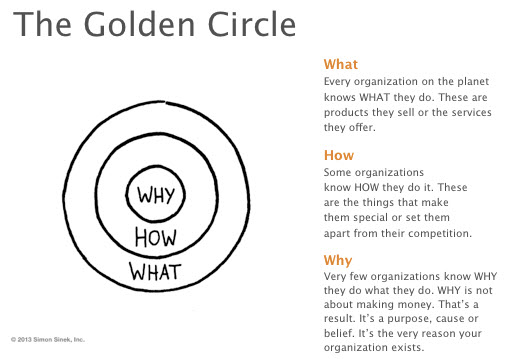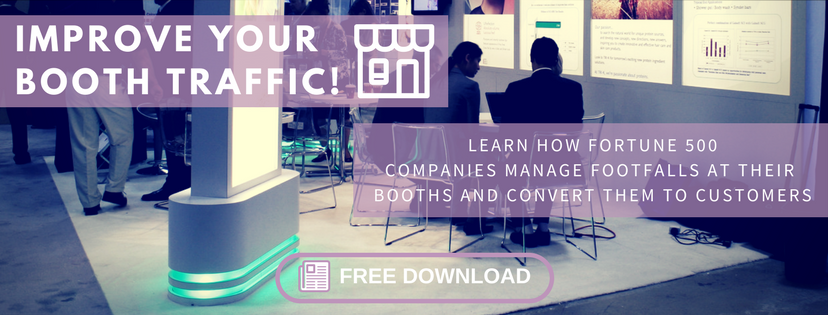Event spends are a major bone of contention, with most companies feeling that they are spending too much, and with event managers feeling that they aren’t spending quite enough. In that climate, balancing the budget and justifying event spends is an important skill that adds immense value to any B2B event manager’s repertoire. An event manager is responsible for managing more than one event. Budgeting for those events is tricky enough, and prioritizing spends based on the events is also important.
For event manager looking to make the most out of the budget that they are allotted, they need be tactical about how they allocate their budget. If you find yourself with a tight budget for your next upcoming event, fret not! There are ways to make the most out of it. Here’s what you can do.
Start with the why

Taking a leaf from Simon Sinek’s book, the why of an event can tell you all you need to know about the event’s objective. Elaborate on what the management expects from this event. While deciding what to spend on at the event, gauge the purpose of this event from the sales or the marketing team (or both).
Events objectives can vary depending on the context of the event, but the easiest way to show ROI from the event is by focusing on the sales pipeline. If you are on the spot to make the most of the event, you can do that by focusing on the sales meetings at the events, and on generating leads.
Generating Leads
There is quite a bit that’s been said about generating leads at the events. But how do you budget for lead generation at events? The best way is to invest in lead generation is by having a demo station that can quickly showcase the value proposition of your product or service. Of course, you’ll have to catch their attention first, so standees, banners and booth must be centered around generating footfalls from your booth – by talking about the value proposition only.
Related: Check out our ebook on Booth Design to generate more footfalls.
Sales meetings

Sales meetings are absolutely crucial for building sales pipeline and can directly contribute to the ROI of the event. So if you are on a tight budget, and already have a pipeline for the event, the event budget must be focused on getting more meetings and building sales pipeline.
The important components of meetings at events are the meeting rooms, and having the SMEs and sales representatives ready and poised to pounce on the sales opportunities.
The bottom line of budgeting for events is to focus on the most important deliverable for that specific event – the leads or the sales pipeline. Keep the focus on what the management expects from the event, and treat everything else as a distraction. Remember, success begets success, which means that acing this event would give a lot more control over the budget of the next one!



